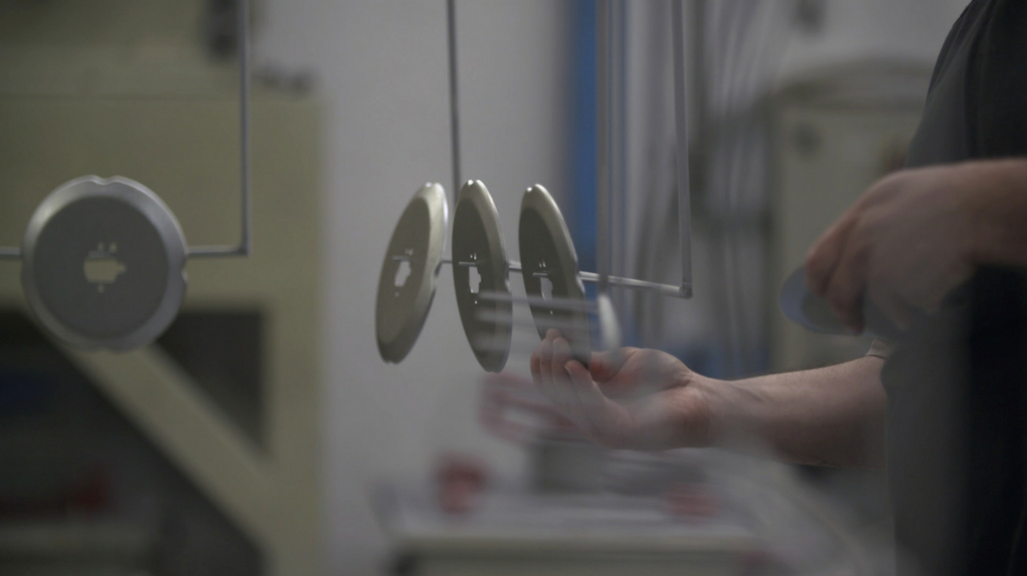
For small businesses with big ideas, raising the capital needed for research and development investment is the first and often the biggest challenge. With support from the Enterprise Europe Network, an Italian SME sought to make its cookware products, anti-bacterial, greener and more efficient using nanotechnology and specialised coatings.
For small businesses with big ideas, raising the capital needed for research and development investment is the first and often the biggest challenge. With support from the Enterprise Europe Network, an Italian SME sought to make its cookware products, anti-bacterial, greener and more efficient using nanotechnology and specialised coatings.
Founded in 1962 in Boretto, Pramar is a family-run business specialised in the design and supply of coating technologies for a wide array of kitchen appliances, including steel grids, cast iron grids and grills. In the 1970s Pramar channelled its innovation efforts into the manufacturing process, today it wants to expand its research and development department to offer more innovative products.
"We want to make innovation a big part of our business. A few years ago we started thinking about innovation as a way of life – the only way actually for a company like Pramar to survive in the next 10 years," said Andrea Marchi, Pramar’s owner.
Tailored support
For Pramar the challenge was twofold: finding the capital to invest and finding the best researchers to develop nanotechnologies for coatings within the niche market of kitchen appliances.
Marchi turned to Confindustria in Bologna, its local Enterprise Europe Network member, for an economically viable plan. After talking with Marchi, Network adviser Annamaria Raimondi and her team of innovation specialists visited the company and developed a plan to: identify suitable nanotechnologies, put the company in touch with universities and research centres and pinpoint funding opportunities.
The Network focused on understanding Pramar’s vision and help to turn it into reality. According to Raimondi: "We suggested some research centres, including the University of Parma, with which Pramar is now working. We also informed them about local and EU-wide funding opportunities that could help them develop nanotechnologies."
A cost-effective approach
Making use of its local and EU-wide knowledge, the Enterprise Europe Network team at Confindustria suggested that Pramar apply for funding under the Horizon2020 SME Innovation Associate programme. This helps SMEs hire talented researchers and turn innovative ideas into concrete research or innovation projects, through paying for the researchers’ salary and relocation costs for one year. Confindustria also encouraged Pramar to respond to a regional call under the European Regional Development Fund, which pledges to support innovation-driven SMEs.
Pramar won both calls and is currently working with the University of Parma to find a researcher to complement the technical skills of its in-house team. Through this collaboration, the company intends to develop a new coating technology that repels water, makes surfaces bacterial-resistant and prevents corrosion. With this type of coating, Pramar hopes to get further certification from the European Food Authority and become more competitive on a global scale.
"We’re trying to respond to a demand in the market for this type of cookware. This would help us become a leader in Europe," said Marchi.
To achieve this, the SME is counting once again on support from the Enterprise Europe Network. Marchi added: "Once we have developed our innovation capabilities we want to build new networks abroad and this is where the Network could help us."